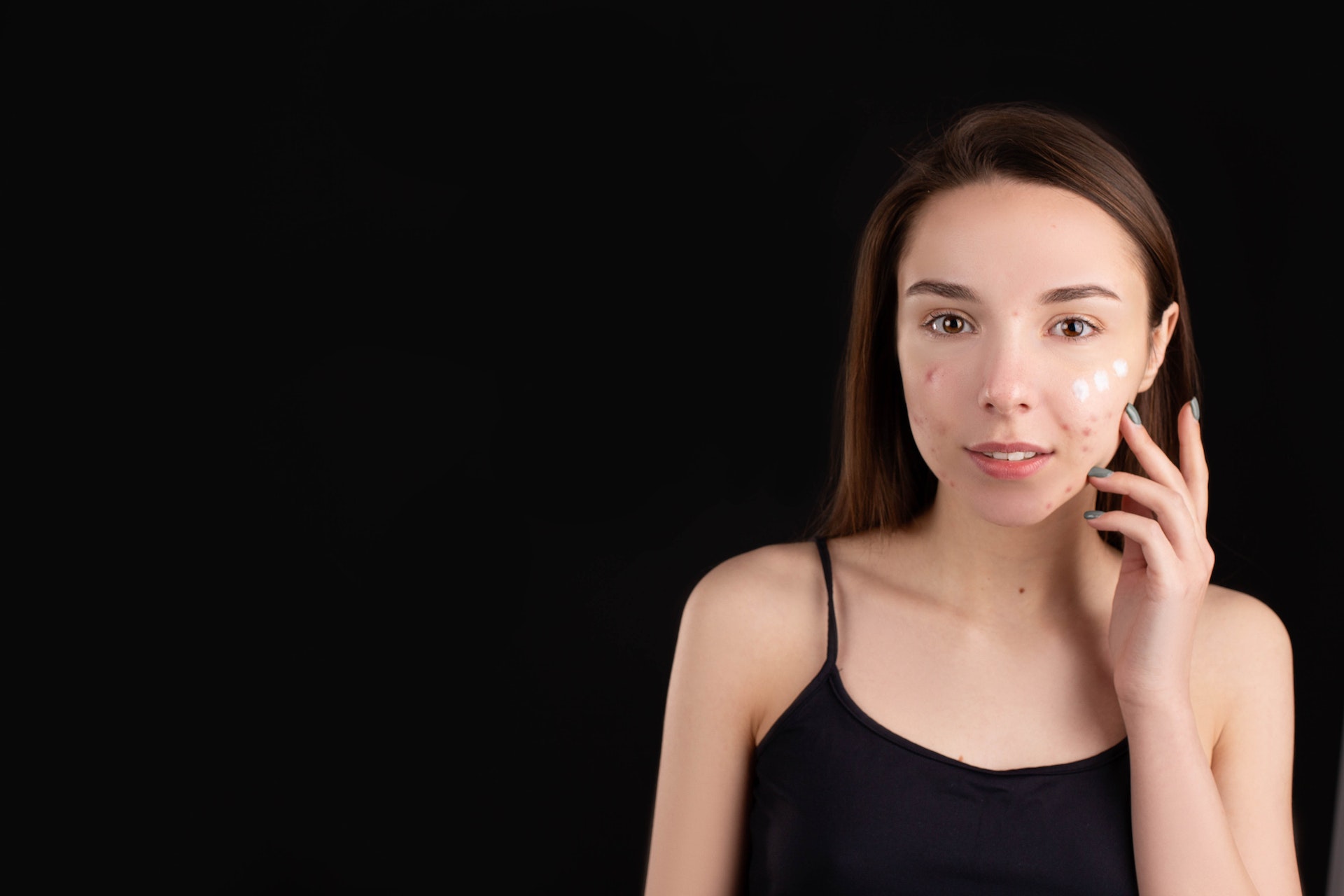Cystic acne is a type of inflammatory acne that causes painful, pus-filled pimples to form deep under the skin. Acne occurs when oil and dead skin cells clog skin pores, but with cystic acne, bacteria also gets into the pores, causing swelling or inflammation. Cystic acne is the most severe type of acne and acne cysts are often painful and more likely to cause scarring.Treating cystic acne is usually a job for a GP or dermatologist, but there are lots of things that you can do with your skincare in order to aid healing and prevent further cysts from forming. Here are five do’s and don’ts for people with cystic acne:
Avoid Soap
Soap is a bad ingredient for acne sufferers for a number of reasons. Aside from being drying and potentially irritating, soap usually contains ingredients which can clog pores, which will exacerbate cystic acne. Instead, opt for a mild, soap-free cleanser such as Dermalogica Special Cleansing Gel, which is a foaming gel, designed to thoroughly remove impurities without disturbing the skin’s natural moisture balance.
Don’t Use Alcohol
Don’t worry, we’re not suggesting you give up your glass of wine with dinner! Many toners rely on alcohols to work, but this can be bad for people with cystic acne as it can dehydrate skin and increase sensitivity. We’d recommend using an alcohol-free toner as part of your skincare routine, like Medik8 Daily Refresh Balancing Toner, which is a pH balancing, alcohol-free toner that soothes and comforts skin while removing excess oil and impurities.
Opt For an Oil-Free Moisturiser
Adding more oil to skin which is already dealing with blocked pores and excess sebum is a big no-no, but you still want to use a moisturiser to add balance. This means opting for an oil-free or gel based moisturiser, such as Murad Clarifying Oil Free Water Gel. This oil-free, non-comedogenic, water-light hydrator purifies and refines the skin without blocking pores or exacerbating any existing skin conditions.
Introduce a Retinoid
Retinols and other vitamin A derivatives, such as bakuchiol, help to slough away dead skin cells, refining pores and keeping the skin clear, making them the perfect ingredients for sufferers of cystic acne. They can be potent, so using something like Medik8 Bakuchiol Peptides is a good idea, as it’s a plant-based, anti-ageing alternative for vitamin A, which is ideal for those with sensitive skin, who can’t use stronger retinol.
Use Products Containing Azelaic Acid
Azelaic acid is another ingredient to look out for if you have cystic acne. Azelaic acid works in a similar way to alpha-hydroxy acids, by penetrating the skin and breaking up acne-causing blockages. Dermalogica Breakout Clearing Liquid Peel is a powerful peel formulated for breakout-prone skin. With 10% AHAs and 2% BHAs, it exfoliates deep under the skin to remove dead skin cells and excess oil.

